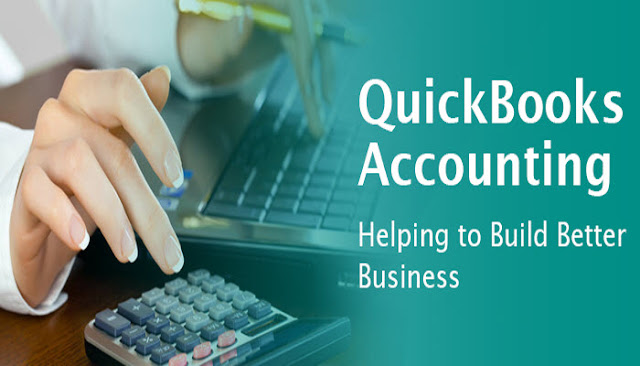Requirement Of Complete Bookkeeping Solutions for Small Business Owners
Small business owners are energetic, dedicated individuals. They are sure, flexible, and devoted to making a feasible and gainful business. However, they are not bookkeepers, so representing entrepreneurs can be confounding.
Basic accounting for small business owners ensures your books are all together. Nevertheless, in case you're similar to most entrepreneurs, your accounting practices may be nearly non-existent. If the main place you track your organization's budget and income is in your financial balance, you have to understand some bookkeeping rudiments.
Representing entrepreneurs
One tragic explanation that small accounting companies battle is misinterpreting the costs and assessments. Off base estimations can prompt a few organizations:
• going through the money they don't have
• missing expense installments
• missing out on charge discounts
Regardless of how firm your products and services, precise bookkeeping basics can represent the deciding moment of your business. Attempt the accompanying tips to manage the intricate details of accounting.
Start with money premise bookkeeping
With regards to the rudiments of representing entrepreneurs, start with complete bookkeeping solutions. Money premise bookkeeping is straightforward money, in real money out.
In real money premise bookkeeping, you don't record trades until the cash changes hands. You make a record each time you get paid for a deal. You additionally make a record each time you go through money. Record trades on the day they occur, when they happen.
Recognize what to record
Everything might be too confounded an answer. However, the more top to bottom your records, the better. Monitoring all approaching and active installments is significant.
Things you have to record as approaching assets include:
• The products and services you sell
• Whom you offer the thing to
• How a lot of money you gather
• The date you get the cash
• How many deals charge you gather
Things you have to record as active assets include:
• The duties you pay
• Worker paychecks
• The working costs you pay (supplies, stock, and so forth.)
• The overhead costs you pay (lease, utilities, protection, and so forth.)
• Record trades in independent records
Some private business just utilizes a spreadsheet or bank explanation to log exchanges. Infrequently do not those records show each cost, nor do they permit you to imagine your net gain. You should record every trade you make each day. Try not to stress with the correct accounting programming, it won't take as a lot of time as you might suspect.
To record business exchanges, place each sum you collect on a different line. That way you know precisely how a lot of cash you earned and when you gathered it. Do something very similar for each sum you spend. You'll need to record where you went through the money and which day you spent it.
Basic accounting for small business owners ensures your books are all together. Nevertheless, in case you're similar to most entrepreneurs, your accounting practices may be nearly non-existent. If the main place you track your organization's budget and income is in your financial balance, you have to understand some bookkeeping rudiments.
Representing entrepreneurs
One tragic explanation that small accounting companies battle is misinterpreting the costs and assessments. Off base estimations can prompt a few organizations:
• going through the money they don't have
• missing expense installments
• missing out on charge discounts
Regardless of how firm your products and services, precise bookkeeping basics can represent the deciding moment of your business. Attempt the accompanying tips to manage the intricate details of accounting.
Start with money premise bookkeeping
With regards to the rudiments of representing entrepreneurs, start with complete bookkeeping solutions. Money premise bookkeeping is straightforward money, in real money out.
In real money premise bookkeeping, you don't record trades until the cash changes hands. You make a record each time you get paid for a deal. You additionally make a record each time you go through money. Record trades on the day they occur, when they happen.
Recognize what to record
Everything might be too confounded an answer. However, the more top to bottom your records, the better. Monitoring all approaching and active installments is significant.
Things you have to record as approaching assets include:
• The products and services you sell
• Whom you offer the thing to
• How a lot of money you gather
• The date you get the cash
• How many deals charge you gather
Things you have to record as active assets include:
• The duties you pay
• Worker paychecks
• The working costs you pay (supplies, stock, and so forth.)
• The overhead costs you pay (lease, utilities, protection, and so forth.)
• Record trades in independent records
Some private business just utilizes a spreadsheet or bank explanation to log exchanges. Infrequently do not those records show each cost, nor do they permit you to imagine your net gain. You should record every trade you make each day. Try not to stress with the correct accounting programming, it won't take as a lot of time as you might suspect.
To record business exchanges, place each sum you collect on a different line. That way you know precisely how a lot of cash you earned and when you gathered it. Do something very similar for each sum you spend. You'll need to record where you went through the money and which day you spent it.




Comments
Post a Comment